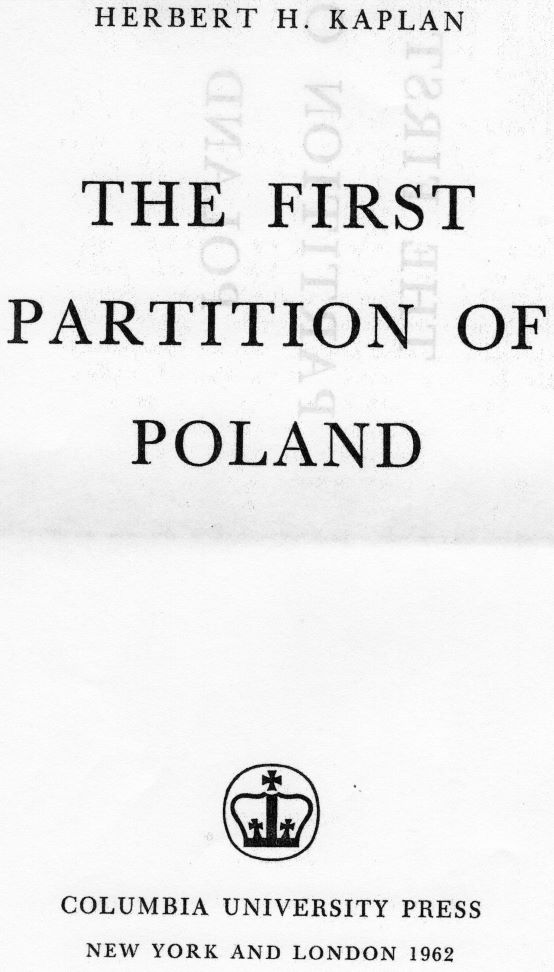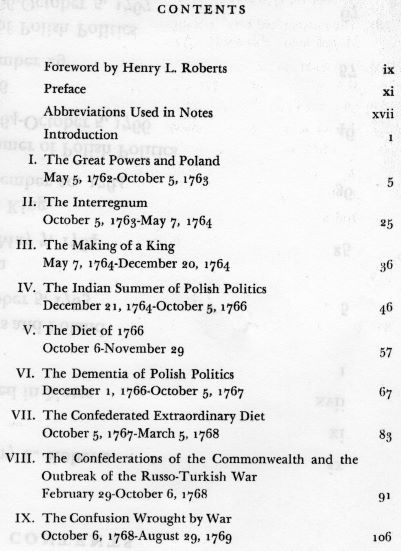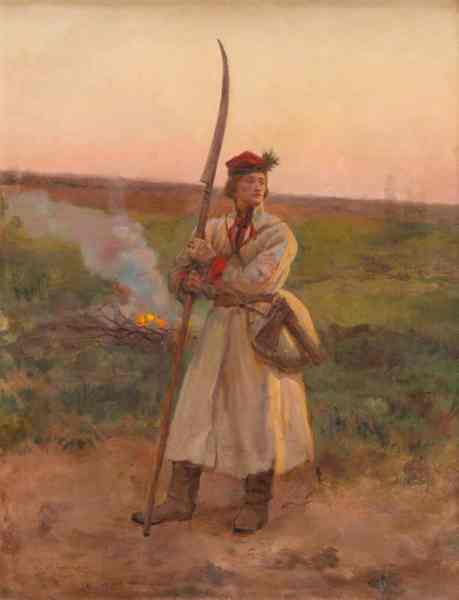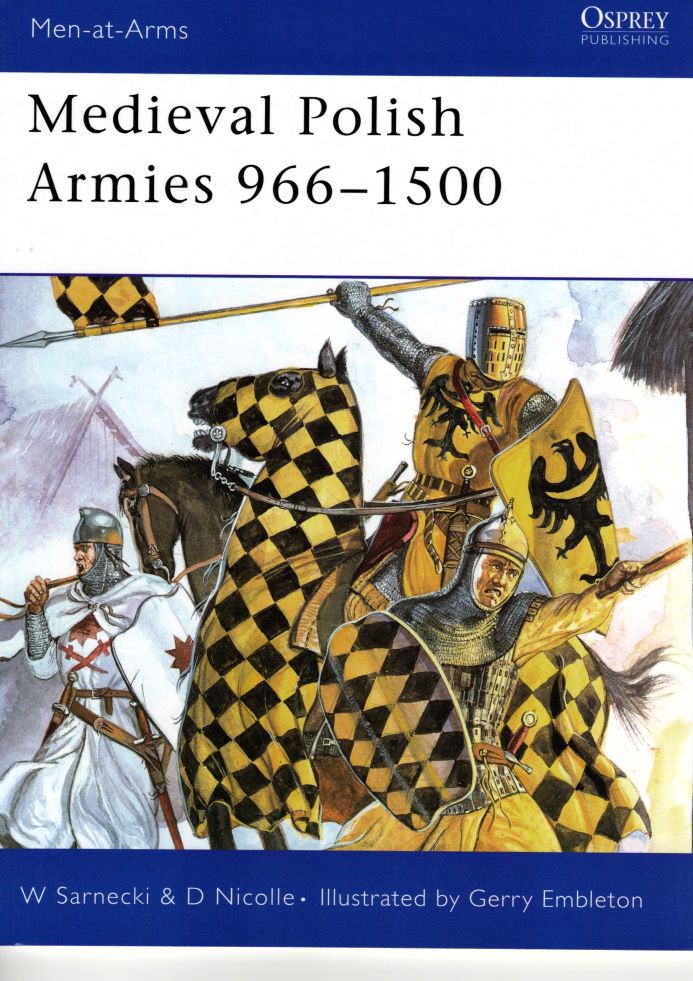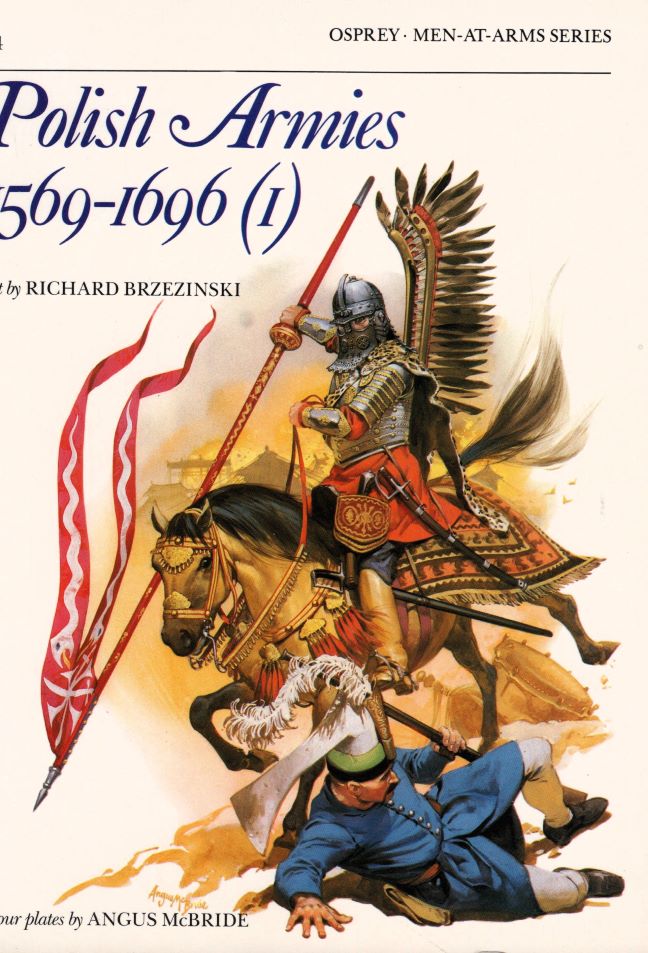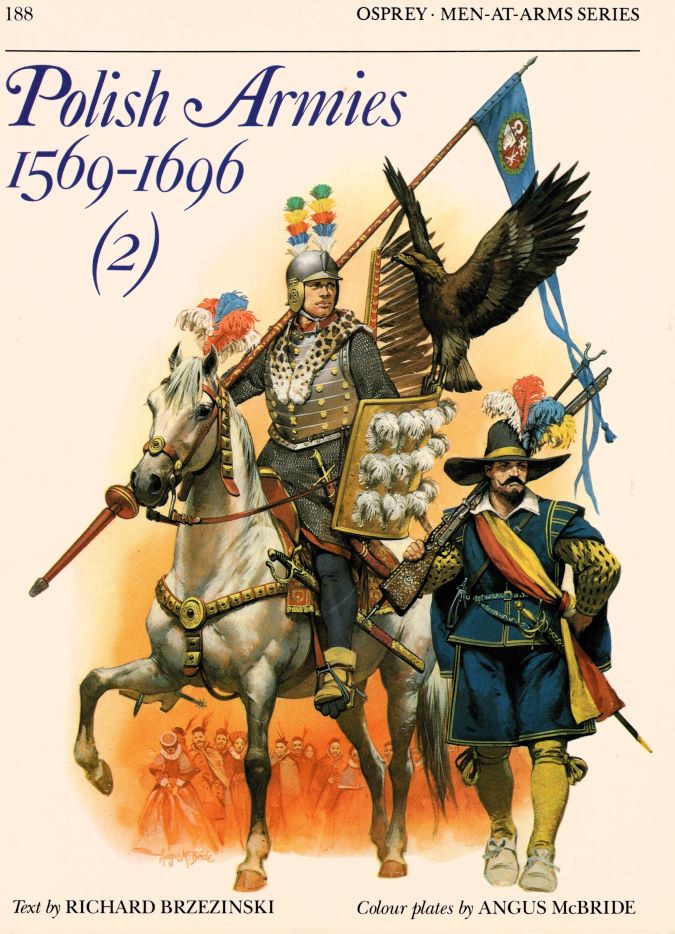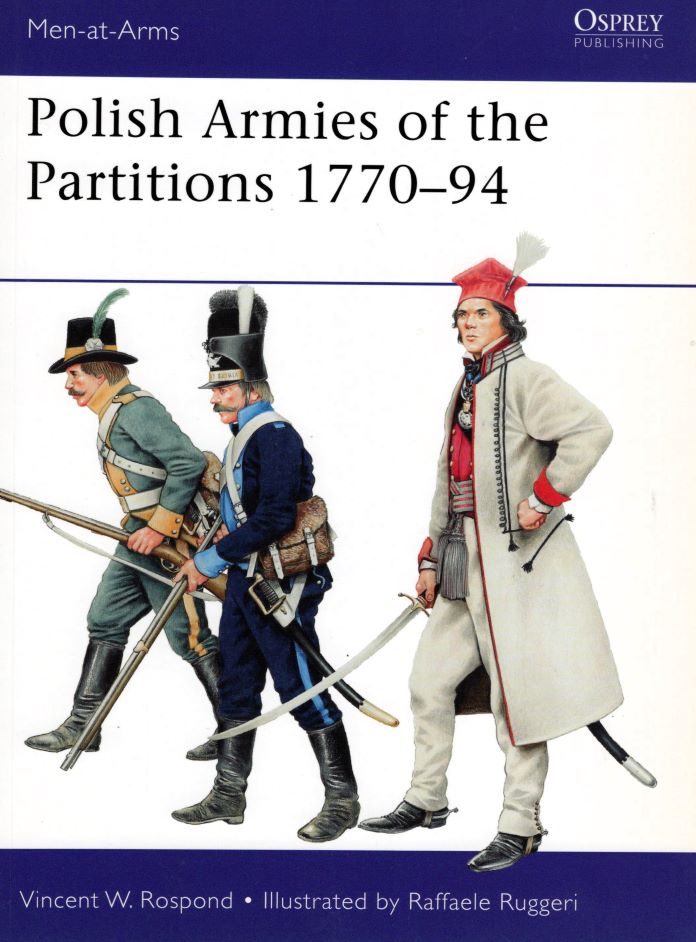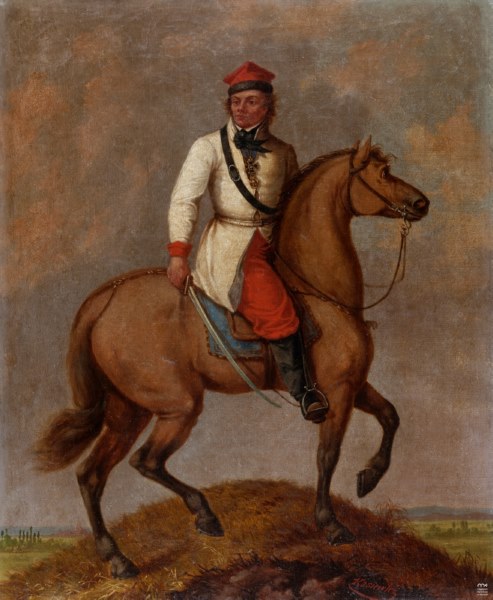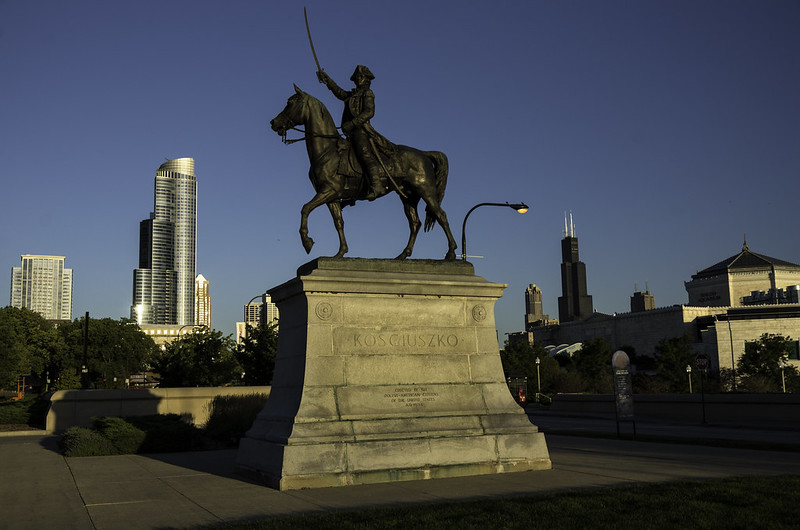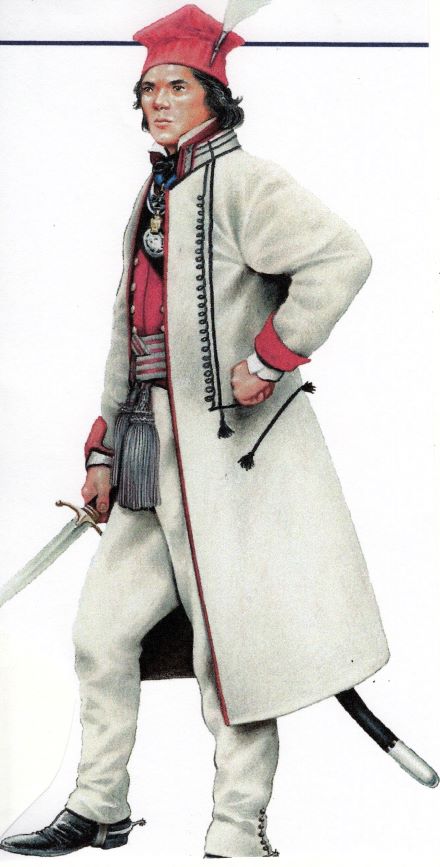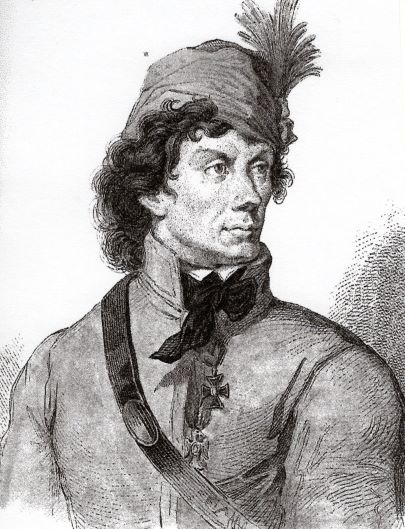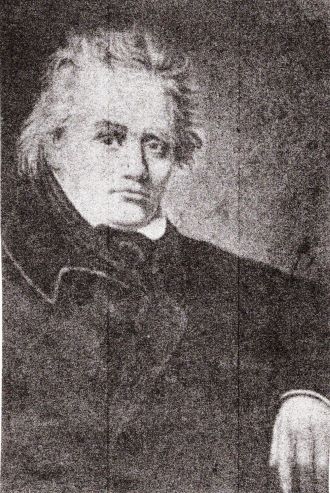THE PARTITIONS OF POLAND, Lord Eversley, 1973 edition. This history book was published in 1915 by George John Shaw-Lefevre Eversley (1832-1928). Poland did not exist and World War I was raging.
This book was an easy read. The narrative flowed and made sense in reference to personalities and events.
Eversley makes a good distinction between ETHNOGRAPHICAL Poland and HISTORICAL Poland. Ethnographically who was Polish, who was Ruthenian, etc., etc. Historically WHERE was Poland geographically. This history opens up in the 1760s where 66% of the people of the Commonwealth were not Polish.
The first chapter is called "The Polish Anarchy". Lots of mention about what we all know about the Commonwealth's disfunction but three points were stressed, especially for 1915. Firstly was the idea that no protection or encouragement given to the "working class", i.e. the peasants which formed the backbone of the country. In the same breath was the disregard for townspeople who were creating a middle class in history at this time.
Secondly was mentioned the incredible corruption rampant on all levels. Lastly was the legal concept that allowed civil war. The question always arose "Who determined it was right to start a civil war? " It seems that they were never based on righteousness - on high moral choices.
The historian Thomas Carlyle wrote about Frederick (the Great) who was one of the major players in Poland's demise. Carlyle worshipped Frederick. I thought Frederick was the originator of the partition idea. Carlyle said no.
In Sorel's QUESTIONS d'ORIENT (Albert Sorel, historian, 1842-1906) the original idea of partitions came from Augustus II of Poland after constantly failing to make the Polish throne hereditary. If he got help from the outside he would partition sections of Poland to keep his neighbors happy. Prussia was leery of the idea but the young Prince Frederick (the Great) was for it and never wavered from that goal. Augustus died and the idea died with him for the time being.
The FIRST PARTITION woke Poland up. Reforms were attempted. By 1791 Europe had changed a lot. The French Revolution was in full swing. The author shows how this had a profound effect on Poland's future. This time Catherine (the Great) had "saved" Poland from becoming another Revolutionary France. The ideals of the Targowitz confederates were reinstated and the status quo returned.
Eversley says of King Stanislaw, "He ceased, thenceforth, to be of any account. He was despised equally by all parties." Harsh! Aid was requested from France by the reformers but France saw that it was not a national uprising against Catherine and her confederates. The peasants were indifferent and the burghers would just wait it out. The French saw this "revolution" as one of aristocrats and didn't offer help.
Austria wasn't too happy with this SECOND PARTITION. Prussia got Gdansk; Russia got Minsk and Kiev. The Targowitz Confederation got surprised by another partition. But the tinkle of gold coins smoothed over the situation.
Chapter VIII "How Poland Saved France" is a good view of overall 18th century diplomatic dealings. I never knew the details of these events.
In 1792, Prussia and Austria failed in their attempt to overthrow revolutionary France. War continued and an alliance was formed among Prussia, Austria, Great Britain, Netherlands and Hanover. Great Britain PAID Prussia to maintain an army to attack France. Instead, Frederick William and his ministers built up an army at the Commonwealth border. Emperor Francis (of Austria) and his minister Johann Thugut wanted Poland (since they lost out in the Second Partition) but had to show that they were involved in stopping France. At Turcoing I France (May 17-18, 1794) the French beat the allies badly and those who suffered the most were the British because of ****-poor, wretched command decisions by Austria. Prussia wasn't around. Thugut and the emperor pretty much said "Oh well, that's war. Win some; lose some." They packed up and left the allies.
In the meantime, Frederick William of Prussia secretly scuttled away and made a separate peace with the French "regicides". And Great Britain never got a farthing back. Britain's money was used to equip the Prussian army to put down Kosciuszko's uprising.
France was "gowno" lucky. She had internal problems and her army was disorganized. Austria and Prussia did not have the will to invade France and put down the Revolution. They were more interested in Poland and were constantly bickering between themselves diplomatically.
Eversley wrote, "No one who surveys carefully the whole field of European politics, and the military movements of this time, can doubt THAT POLAND WAS THE SALVATION OF FRANCE. It was the apple of discord between Austria and Prussia. It distracted the attention of both these nations from the main objective of their campaign against France...If Poland was the salvation of France from its enemies, who were gathered together ostensibly to overwhelm the Revolution, the Revolution in France may be said to have been the cause of the undoing and dismemberment of Poland." (my caps)
So what sparked the THIRD PARTITION? The Polish army. Catherine wanted to reduce the army from 30,000 to 6000 for Poland. Another 7000 were to be sent to Lithuania and since Lithuania was now a Russian province these men had to join the Russian army or leave service. In the Krakow area a cavalry unit refused to disband. Just like that it blew up! BAM!!! The Russian troops in Warsaw at the time were decimated.
Catherine needed help from Prussia and Austria. Her troops were near Turkey somewhere. The Prussians tried to take Warsaw but failed miserably. Finally Suvorov and a Russian army showed up, fought battles, butchered people and it was all over. This time Catherine held all the cards and gave little to Prussia.
It was a good exciting history book to read. It's exciting because most of it concerns "diplomatic" history which can be unbelievably boring. The constant intrigues among Catherine, Frederick, Frederick William, Maria Theresa, Francis, etc. and a multitude of ministers and diplomats are truly reflective of Machiavellian politics during the rise of great nation-states.
The book was written when Poland didn't exist. Eversley believed that Poland would become at least an autonomous region when the war ended. He mentions that talks had been going on to re-unite Poland.
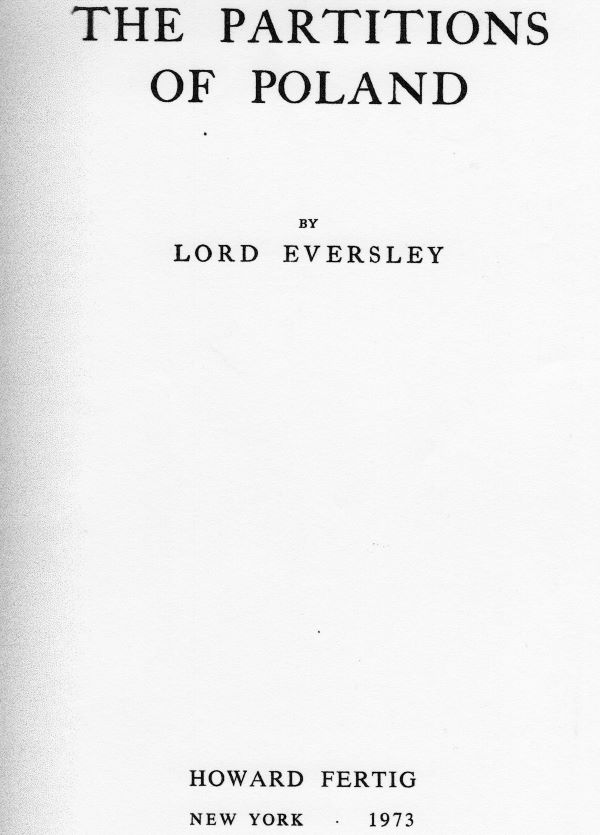
img20231031_14352321.jpg
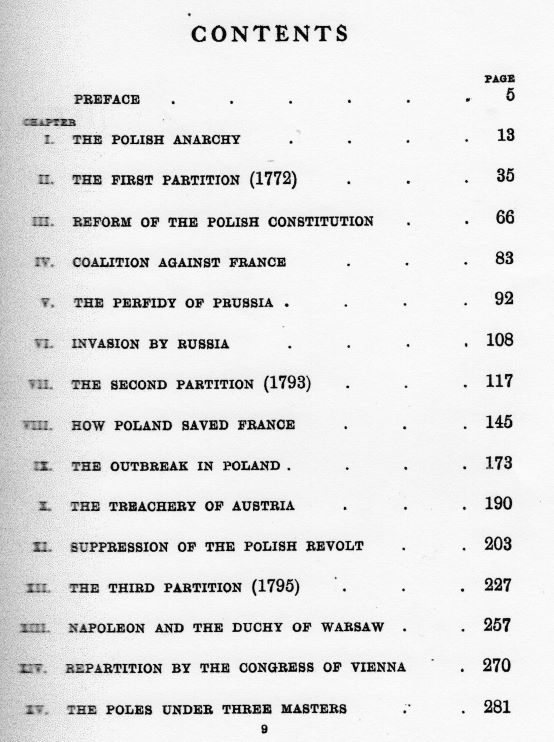
img20231031_14365037.jpg


